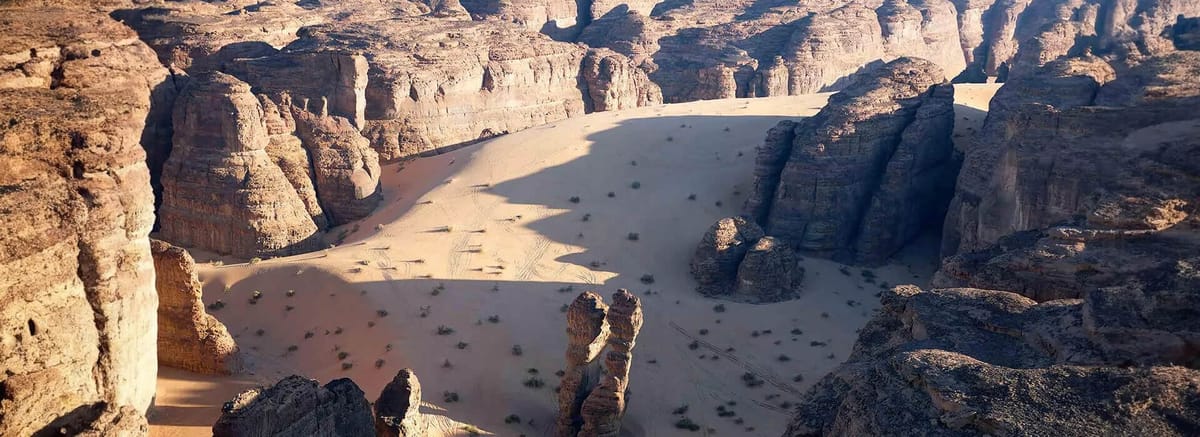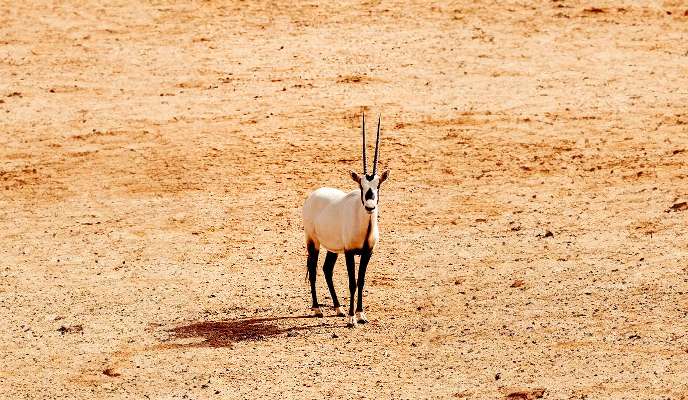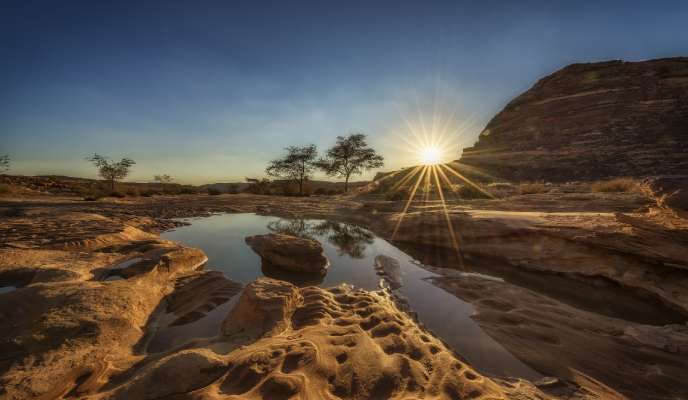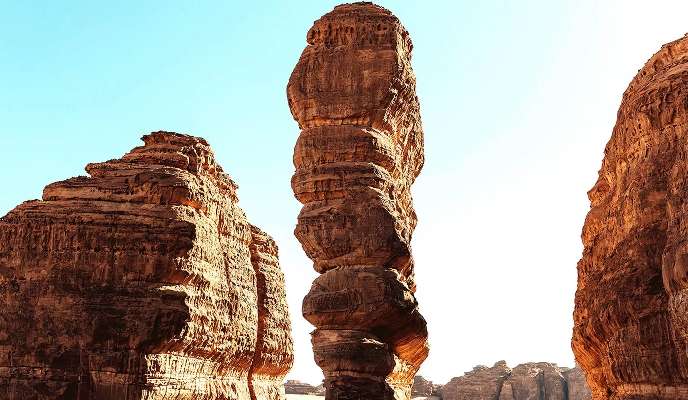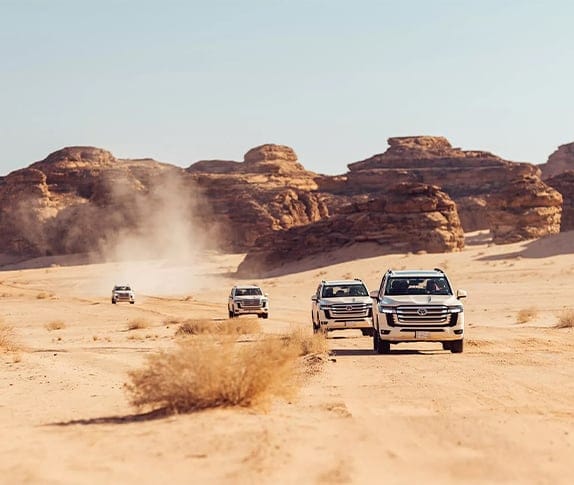- Journey Through Time Masterplan
- Path to Prosperity
- Sharaan Nature Reserve
- Khaybar Heritage Village
- Arabian Leopard Programme
- AlUla Animal Welfare
- AlUla Agriculture
- AlUla Language Institute
- I Care
- Hammayah Programme
- Scholarship Program
-
Archaeology, Collections & Conservation Department
- Crossroads 2021
- Crossroads 2022
- Home
-
Strategic Initiatives
- Strategic Initiatives
- Journey Through Time Masterplan
- Path to Prosperity
- Sharaan Nature Reserve
- Khaybar Heritage Village
- Arabian Leopard Programme
- AlUla Animal Welfare
- AlUla Agriculture
- AlUla Language Institute
- I Care
- Hammayah Programme
- Scholarship Program
-
Archaeology, Collections & Conservation Department
- Crossroads 2021
- Crossroads 2022
-
Living in AlUla
-
Business in AlUla
-
Visiting AlUla
-
Partners
-
About RCU
-
Media & Resources
-
Contact
